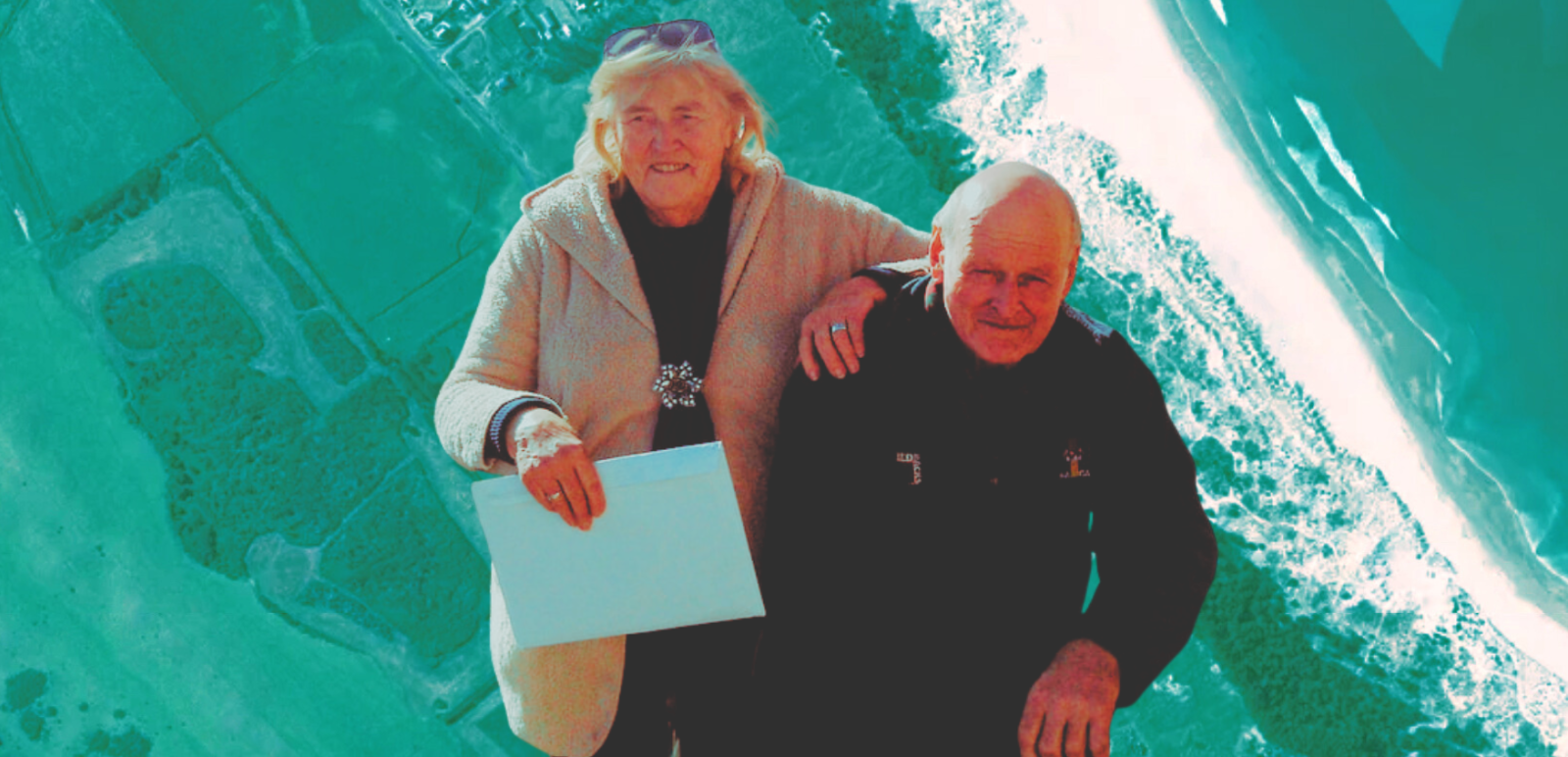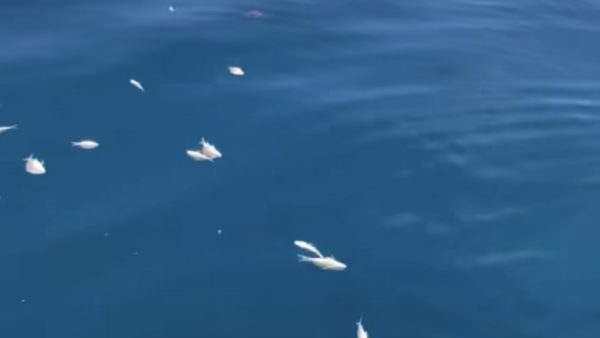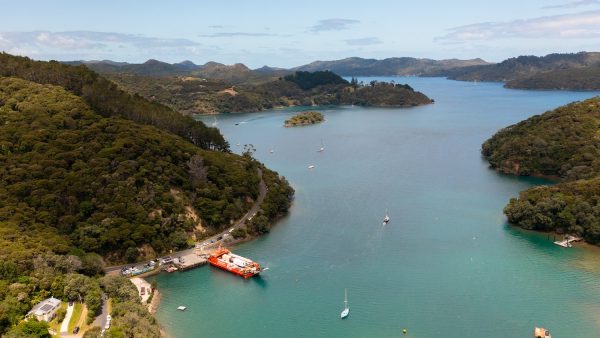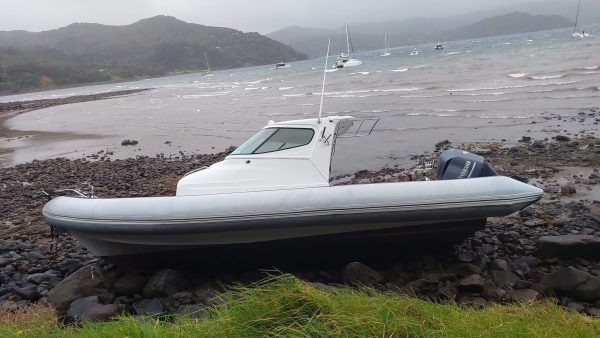For 170 years, the Blackwell family has not just farmed the land on Great Barrier Island/Aotea; they have embodied the island’s enduring spirit of self-reliance. But for patriarch Charlie (89) and matriarch Winnie Blackwell (90), the latest confrontation with Auckland Council has felt, according to daughter-in-law Christina Spence, like a terrifying invasion—a clear sign that the bureaucracy Aotea was founded to escape is now breathing down their necks.
The ordeal, sparked by a complaint over mānuka scrub and historic farm drains, culminated in a dramatic police and council raid on the elderly couple’s property. While the case was ultimately dropped with zero charges laid, the family is speaking out, describing the trauma and the shocking public expenditure on an investigation that yielded nothing.
The incident began in June. Charlie, recovering from a stroke, and Winnie, who had just turned 90, received a phone call from Auckland Council. “They said, have you received our letter?” Christina recalls. “Nana has turned 90 and Pop’s about to turn 90. Pop had a stroke in February and had just recently come home from hospital after being in for a few months.” The couple hadn’t received any letter. Council then asked if their carer—who visits 30 hours a week—could collect and deliver it.
“The carer brought the letter down,” Christina says. “It basically said they’d breached the Resource Management Act—earthworks and vegetation clearance—and that Māori might have an interest in this. It said Council would conduct an interview, and if they saw fit, they would prosecute and ask for the land to be reinstated.”
Within a week, Auckland Council escalated the matter. A team of seven staff, flown in from the mainland at an estimated cost of around $4,000 in flights alone, arrived on the property accompanied by the island’s police officer. “They sent out seven people with the local policeman to deliver a search warrant,” Christina says. “It’s the third one Winnie and Charlie have had. Andy, the local policeman, came, two compliance officers, a creek expert, an ecologist, a drone driver, and two surveyors.”
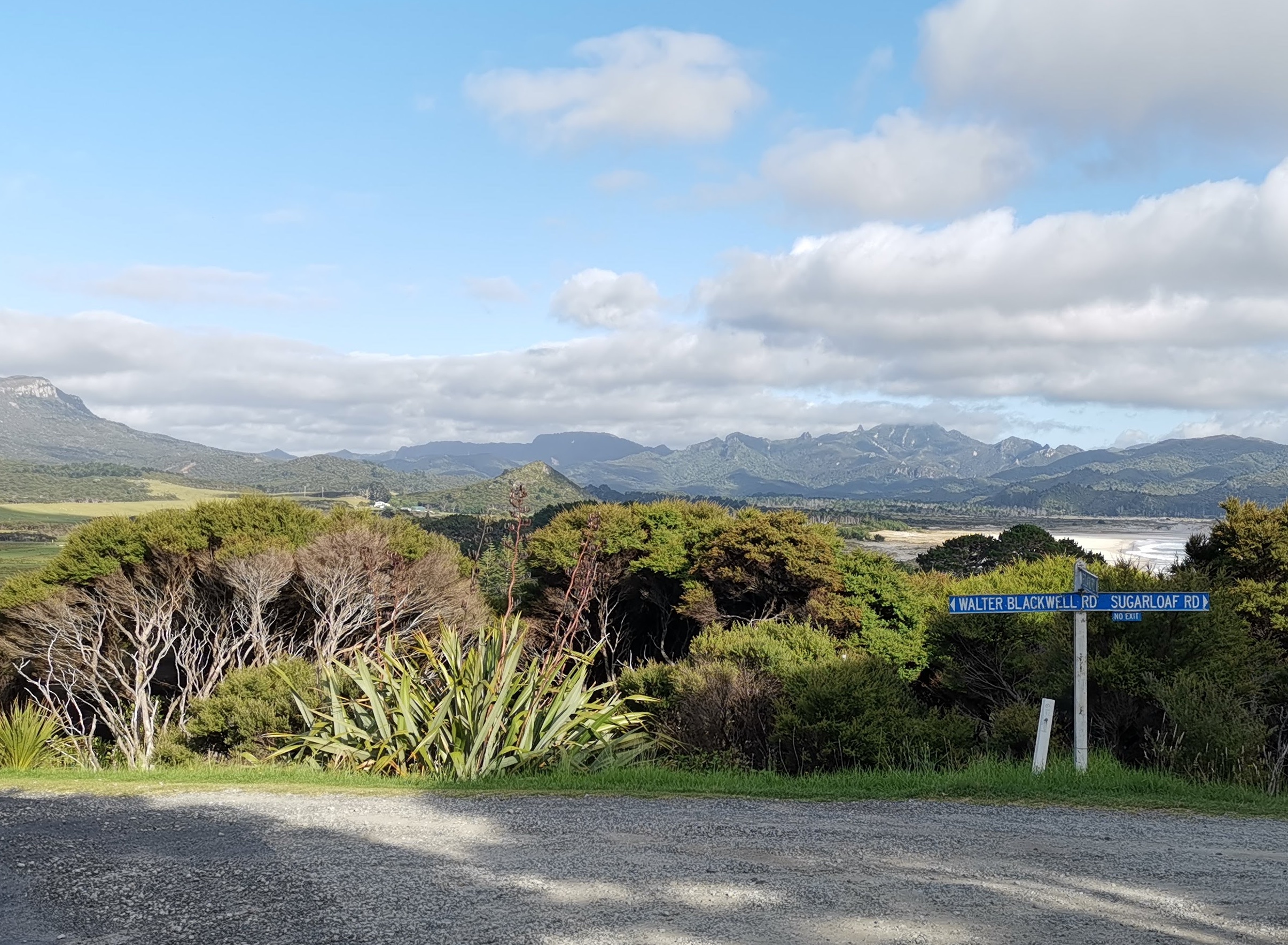
The warrant covered roughly five acres of bush—the last bit of land in the middle of the farm that hasn’t been cleared. “We’ve been taking firewood out of there, which we’re quite entitled to do,” she says. “I told them the drains were dug 67 years ago and we won’t be reinstating the waterways.”
The team spent the day on the property taking photographs, mapping drains, and flying drones over the land. “Nana and Pop were both crying while I was reading it out,” Christina says. “Nana said, ‘We feel like murderers.’” When officials strayed beyond the warrant area, Christina confronted them. “We actually caught them somewhere else on the farm. That’s outside the perimeters of your search warrant, so you best get back on the right side of the drain.”
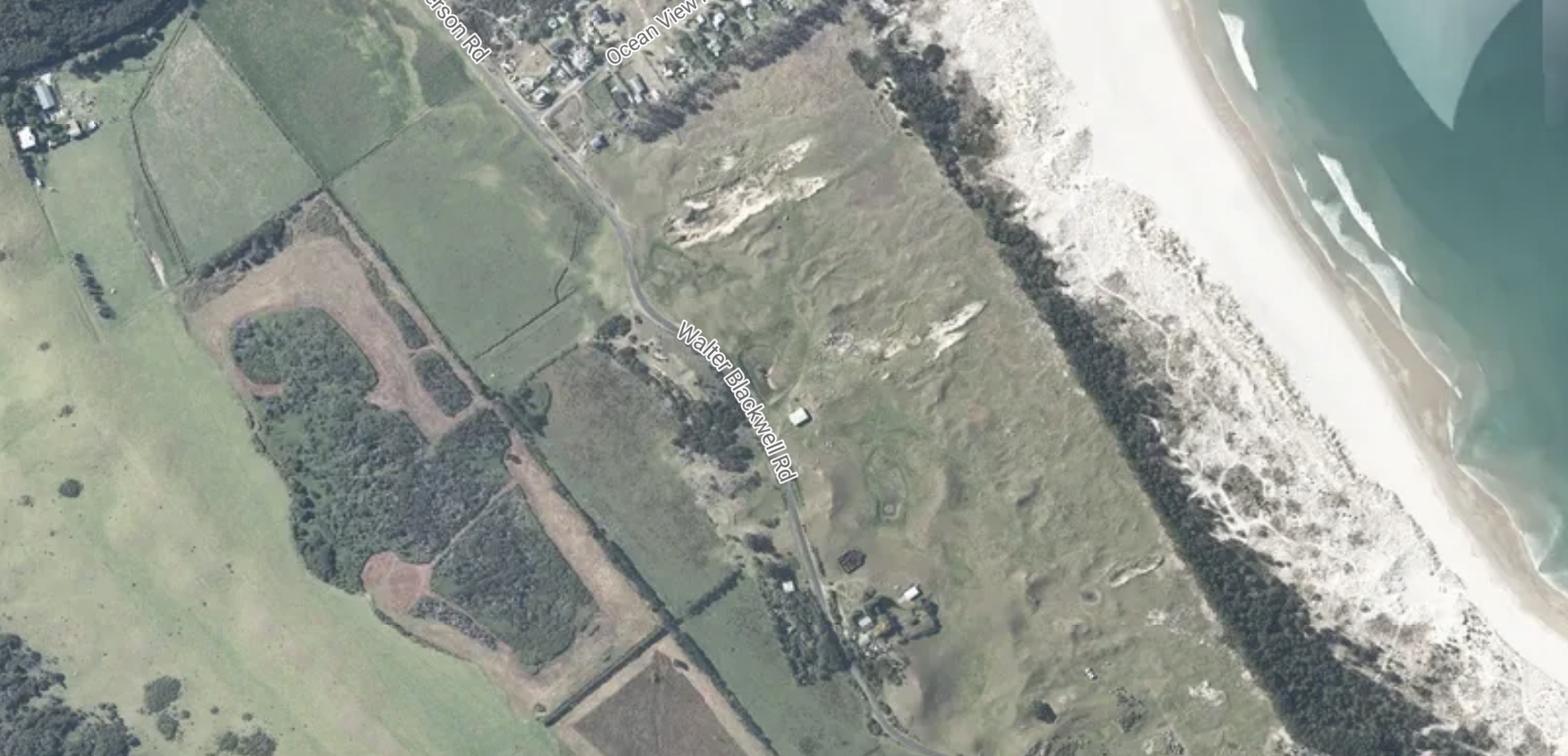
Two days later, a contact from the Landowners and Contractors Association phoned Christina to tell her the case had been dropped. “He said, it’s all been dropped—no action, they didn’t find anything.” Despite repeated requests, the family has still received no written confirmation or explanation from Council. “I texted the officer asking for confirmation in writing,” Christina says. “We still haven’t got anything.”
The letter that started it all mentioned that “Māori might have an interest in this.” For Christina, whose own family are Māori, the irony was painful. “They said Māori might have an interest,” she says. “I told them, if you want to talk to Māori, I’m from the whānau—you can talk to me.” She believes the entire investigation “was designed to intimidate” and says it left the couple shaken. “It’s bordering on elder abuse,” she says.
This was not the family’s first experience with what they describe as overreach. “Nana and Pop got a wake-up call at quarter past eight one morning, and there was police—about six of them. They hired a plane from Ardmore and flown out here, gone and given them their search warrant because Pop had dug the creek out because it was flooding up the farm.” That case also ended up in the Environment Court, which found that Charlie had been working on his own land. “Council had no land there,” Christina says. “See you later.”
For Christina, these incidents reflect a deeper cultural shift. “When I first started going out with Johnny, Council had one environmental officer out here,” she says. While overall Auckland Council staffing has decreased in recent years, environmental compliance staff on Aotea have tripled. With that has come a rise in complaints, inspections, and, locals say, uninvited visits onto private land.
Last year The Barrier Times reported on a council eco-officer who allegedly entered three private properties on Aotea without permission. Homeowners said the officer poisoned and cut down pines on their land, later claiming the trees were dying, or that he believed he was working on the boundary line, or that he was mistaken about the extent of the property. The officer has since left Auckland Council.
Christina says she believes she knows who made the complaint this time—possibly a mainland newcomer linked to council—but insists the individual isn’t the point. “It’s about the culture,” she says. “People chasing enforcement instead of outcomes.” She calls it “cruel and ridiculous,” adding that many of the newcomers “want to spray weeds, poison rats, and impose their eco-ideology on everyone else’s properties.”
The Blackwell family’s connection to their land runs deep. Their farm at Kaitoke has been in continuous family hands since the 19th century. Johnny and Christina’s two sons, together with their daughter-in-law Danni, now run Free + Feral—a local youth programme teaching kids to hunt, fish, and live off the land. “Johnny from the age of eight was out there with his sisters planting the dunes,” Christina says. “Everyone thinks that just happened on its own—well, it didn’t.” “We believe in treasuring the environment as a taonga,” she adds. “We’ve been doing that long before the Council got involved.”
Auckland Council was contacted for comment and offered a right of reply. Questions were put to the Council regarding the cost of the operation, the number of staff deployed, whether written closure had been provided to the family, and how proportionality is assessed in enforcement on Great Barrier Island. No response was received by deadline.


